Saliva turns out to have uses. Oriental medicine believes that saliva increases vitality, increases body fluids, clears the airways... and is considered a sign of health status.
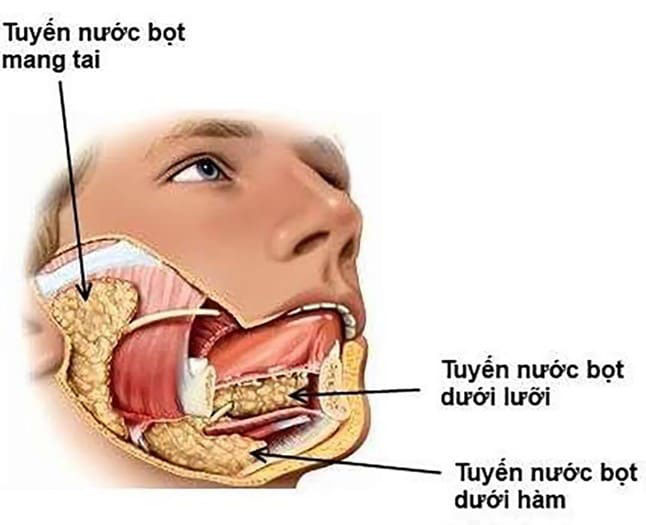
Salivary glands of the body - Illustration photo/Internet source
Saliva also has health benefits.
MSc. Hoang Khanh Toan, former head of the Oriental Medicine Department, 108 Central Military Hospital, said that since ancient times, folk medicine practitioners have concluded that saliva and blood are "brothers" in the body and come from the same source.
Changes in saliva are believed to be a sign of a person's health condition. The ancients knew about the benefits of saliva for health and disease.
Pharmacist Tran Xuan Thuyet, former officer of Central Pharmaceutical Company 1, said that saliva is a clear, slimy or foamy secretion secreted from the salivary glands into the mouth with many different uses, the most important of which is to help chew and digest food before swallowing, while also regulating the acidity in the mouth to keep teeth from decaying.
Saliva consists of: water (99%), organic substances (amylase, lysosomal enzymes, maltase, mucus), inorganic substances (K, Na, HCO3-, Cl-). Enzymes: alpha-amylase (EC3.2.1.1), lysozyme (EC3.2.1.17), lingual lipase (EC3.1.1.3)...
Modern science has proven that saliva contains many substances that are beneficial to the body such as amylase (starch-degrading enzyme), bacteriolysin, globulin, calcium, potassium, etc. In particular, bacteriolysin has the effect of decomposing and dissolving bacteria and viruses that enter the body through the mouth. The main effects of saliva include:
- Effective mouthwash: Saliva "washes away" leftover food in the mouth, helping the oral cavity to be clear and clean. Without saliva, leftover food is difficult to digest thoroughly, which will create a lot of plaque, causing bad breath, tooth decay...
- Is an important lubricant : Saliva contains a lot of mucus, which has the effect of "lubricating" food, speeding up the process of transporting food to the stomach, while also supporting the digestive system. In addition, it also helps the mouth stay soft, not dry, uncomfortable.
- Has a hemostatic effect: Saliva can help blood clot quickly. Therefore, when the oral cavity is injured internally or externally or bleeding from tooth extraction, saliva will quickly stop the bleeding and effectively seal the wound.
- Creates a delicious feeling: Saliva can dilute bitter, spicy, sour, sweet flavors, creating a neutral environment that helps us eat well. Food is also digested faster.
- Antibacterial and antifungal effects : Through various physical processes, organic and inorganic compounds in saliva effectively fight bacteria and mold, helping to reduce the risk of gingivitis, tooth decay, and sore throat.
- Digestive effects : Starch-decomposing enzymes in saliva can break down into maltose sugar, stimulating digestion and the absorption of nutrients into the body.
- Increased libido : Both men and women's saliva contain hormones including testosterone, estrogen, progesterone, cortisone and melatonin. These hormones play a large role in sexual attraction that is often little known.

Starch-degrading enzymes in saliva can stimulate digestion and the absorption of nutrients into the body - Illustration photo
Saliva cures diseases, yes or no?
According to traditional medicine, saliva is salty, neutral, non-toxic, and is a type of fluid formed by the combination of water and grains. It has the effect of moistening the five internal organs, increasing vital energy in the dantian, increasing fluid, detoxifying, softening the skin, and clearing the airways...
According to folk experience, people can use morning saliva to treat warts by continuously applying saliva in the morning for 5-10 days, the warts will shrink and fall off without leaving any trace.
According to modern research, each person secretes about 1,000 - 1,500ml of saliva every day. This fluid acts as a barrier to kill bacteria and viruses that enter the body through the mouth because bacteriolysin has the effect of breaking down and dissolving bacteria and viruses.
To maximize the effects of saliva, according to the ancients, it can be practiced in two ways:
Practice gargling : purse your mouth, clench your teeth, use your cheeks and tongue to make gargling movements, gargle 36 times.
Ngoc Dich Duong Sinh : Before going to bed, clean your teeth and mouth thoroughly. When you wake up in the morning, turn your tongue to the left and right at least 10 times and then rinse your mouth as above. The ancients believed that if you practice this method regularly, it will help slow down the aging process and prolong your life.
To have good saliva, you need to brush your teeth and rinse your mouth thoroughly after waking up in the morning without eating or drinking anything. It is best to use strong tea or 2% salt water to gargle.
The average healthy person produces about 1 liter of saliva per day, which is about the same amount as urine. Less saliva production can be a sign that you have a medical condition that causes your mouth to feel dry.
Sjogren’s syndrome is an autoimmune disorder that can damage the salivary glands and interfere with the body’s saliva production. Dry mouth or lack of saliva is also common in women entering menopause due to decreased estrogen levels.
Source: https://tuoitre.vn/nhung-thay-doi-ve-nuoc-bot-dau-hieu-tinh-trang-suc-khoe-20241110205035914.htm


![[Photo] Touching images recreated at the program "Resources for Victory"](https://vstatic.vietnam.vn/vietnam/resource/IMAGE/2025/4/14/99863147ad274f01a9b208519ebc0dd2)


![[Photo] Children's smiles - hope after the earthquake disaster in Myanmar](https://vstatic.vietnam.vn/vietnam/resource/IMAGE/2025/4/14/9fc59328310d43839c4d369d08421cf3)
![[Photo] General Secretary To Lam chairs the third meeting to review the implementation of Resolution No. 18-NQ/TW](https://vstatic.vietnam.vn/vietnam/resource/IMAGE/2025/4/14/10f646e55e8e4f3b8c9ae2e35705481d)
![[Photo] Opening of the 44th session of the National Assembly Standing Committee](https://vstatic.vietnam.vn/vietnam/resource/IMAGE/2025/4/14/03a1687d4f584352a4b7aa6aa0f73792)


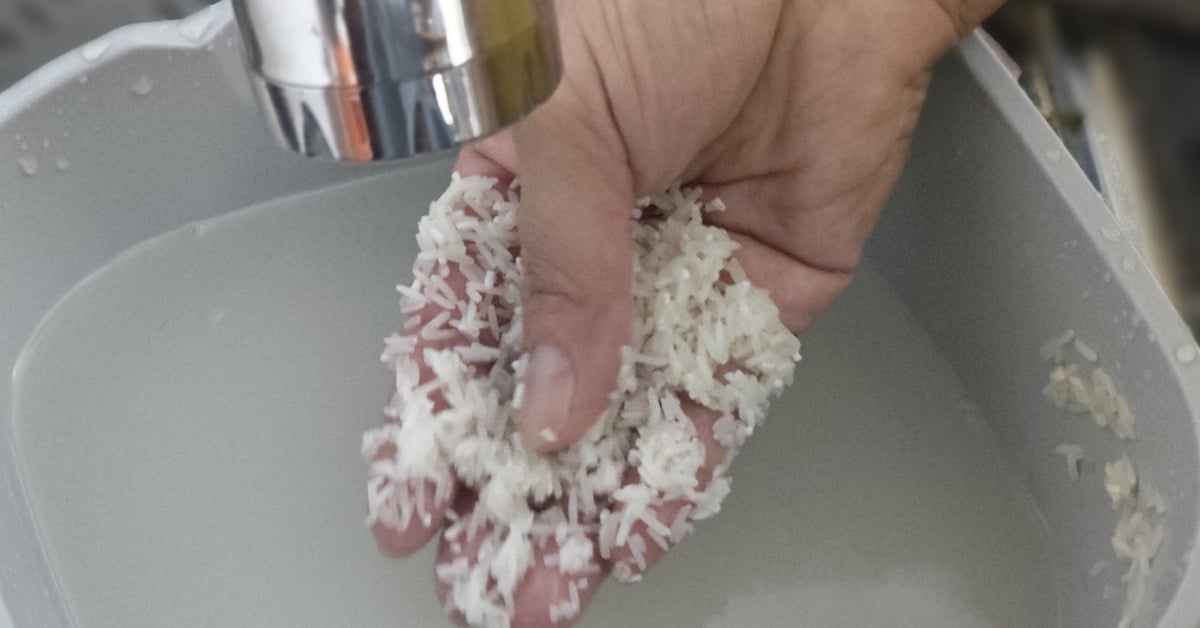


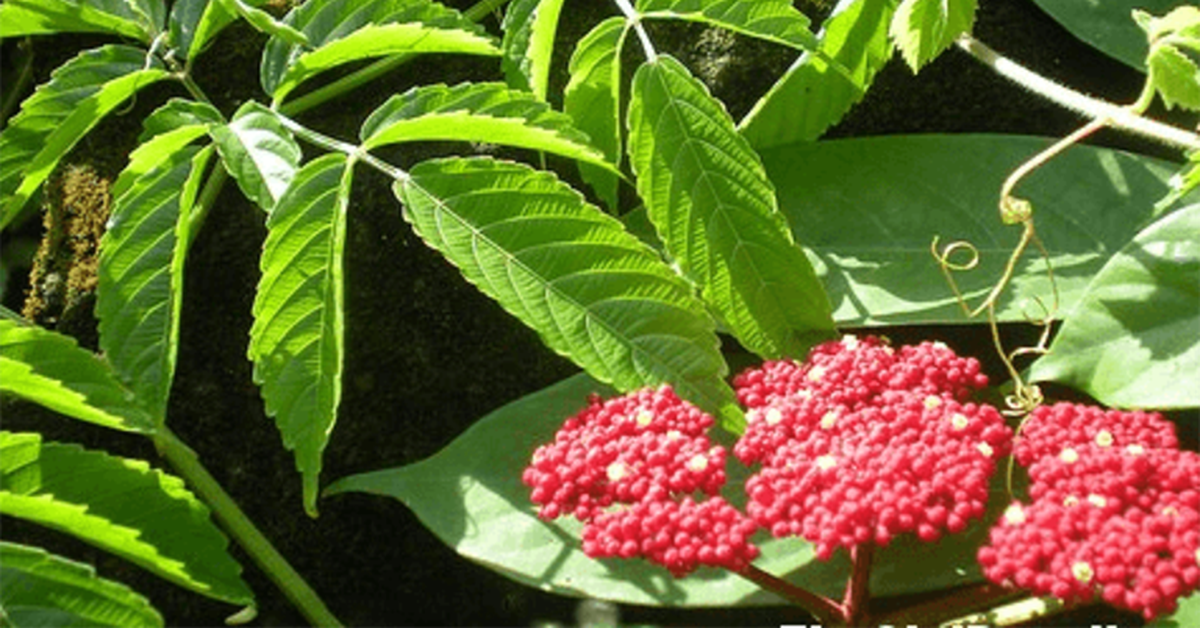



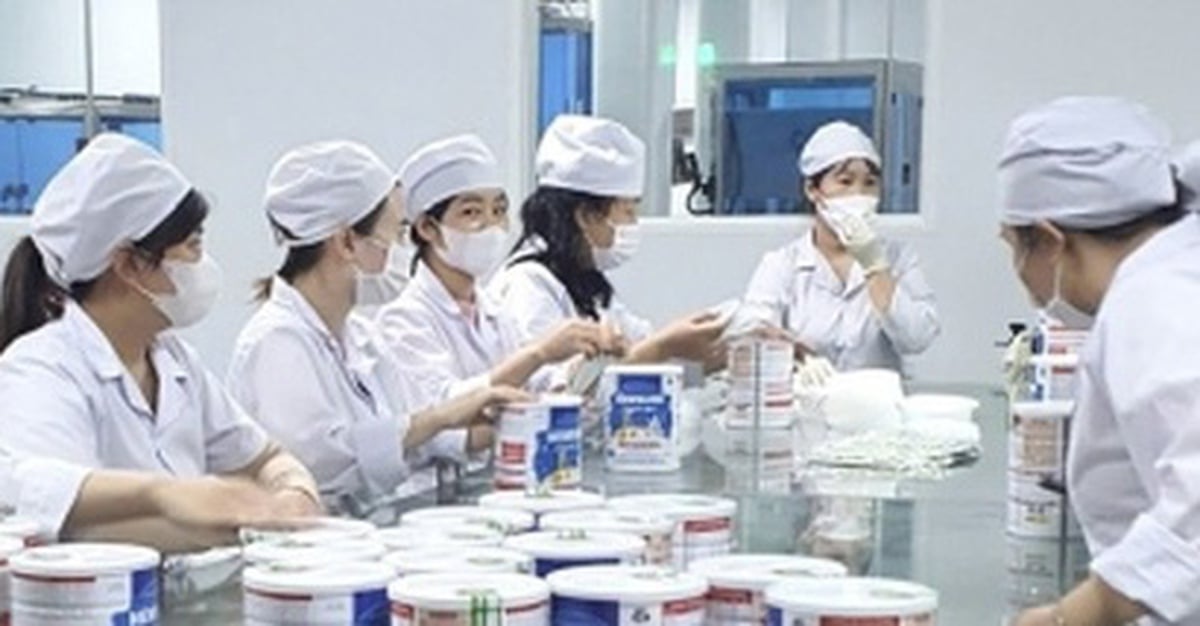




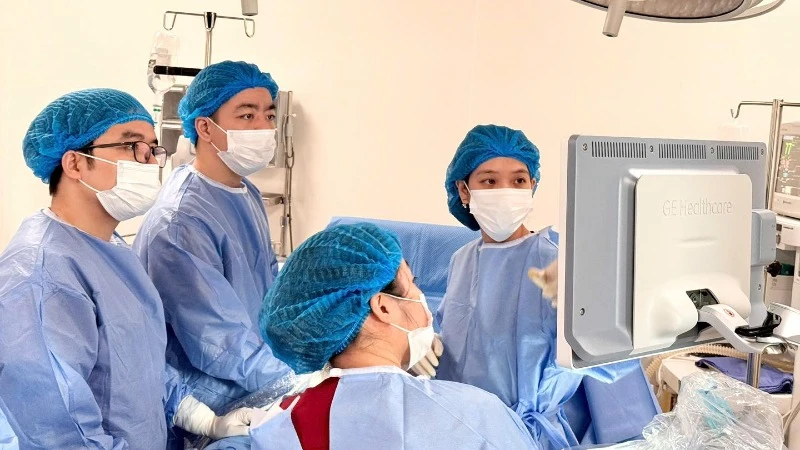






































































Comment (0)